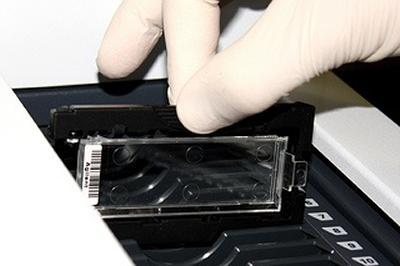Array-comparative-genomic-hybridization (aCGH) is an advanced genomic test which detects sub-microscopic deletions and duplications in the genome not identified via traditional methods (karyotyping). It is commonly used in children with developmental delay/intellectual disability and/or congenital malformations.

In the prenatal setting, it allows a higher detection rate and shorter turnaround time compared to karyotyping.
However, the test can also reveal findings that are:-
- not related to the reason for which the test was done
- relevant only much later in life
- uncertain
Little empirical data exists on health care professionals’ (HCPs’) views about these issues.
This study aimed to explore the views of UK healthcare professionals (HCPs) about:-
- the type of information that should be sought and disclosed
- timing of disclosure (i.e. during pregnancy/after birth/when the information is medically actionable)
- and who should decide about these issues
Using Q-methodology, which combines qualitative and quantitative approaches, the views of 45 HCPs (Genetic-health-professionals, lab-scientists, fetal-medicine-experts) were explored.
The discussion around how participants have ranked statements has provided us with a valuable insight into the ethical issues that healthcare professionals think should be considered in introducing such a new test.
Shiri Shkedi-Rafid was the lead researcher
This project is now closed for recruitment
Useful Downloads
Need the software?PDF Reader